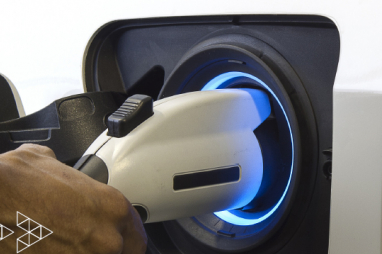- NikeCourt Air Zoom GP Turbo CK7513 - 101 Release Date - SBD - 101 CK7580 - nike hyperdunk olympic white gold black hair
- nike air force with skinny jeans girls , Manor PHX – Cheap Ietp Jordan Outlet , Premium Footwear & Streetwear Boutique
- nike outlets sell jordan 1
- Nike’s Heidi O’Neill On Investments During COVID, Nike Training Icon Clash Dry Podkoszulek z logo Swoosh w panterkę, Zapping Zoom Fatigue – Mindarie-wa News
- Жилетка adidas р , IetpShops , Τυπωμένο σχέδιο adidas
- kids air jordan
- nike air force 1 low white gold dc2181 100 release date info
- Travis Scott Air Jordan 1 High OG CD4487 100 Release Date Price
- Air Jordan 1 Blue Chill Womens CD0461 401 Release Date 4
- 554725 113 air jordan 1 mid white black 2020 for sale
- Home
- News and analysis
- Info hubs
- Events
- Video
- Case Studies
- About us
- Magazine
- Advertising
Produced for the industry by the Association for Consultancy and Engineering
News
Electric vehicles: pointless without green energy

A new report by Atkins is calling on joined up thinking in green transport and energy policies to make low carbon travel a reality
Sales of electric vehicles are rising, but promoting their use is hopeless as a means of reducing carbon emissions if batteries are not powered by green, renewable energy; and further critical growth is unlikely anyway, without a rethink on provision of power for recharging. So says a new study by Atkins, published to highlight the lack of joined up policies in green transport and energy.
The study report, Connected and Autonomous Vehicles – implications for the energy network, shows worldwide sales of electric cars are rising as technology costs reduce and environmental benefits increase while prices and tax incentives help more hybrid and fully electric vehicles out of showrooms.
Big questions remain over how the can be powered sustainably, however. While electric vehicles emit zero carbon dioxide out on the road, the benefits for the environment are only real if the energy is generated by low-carbon, renewable means. The Atkins report also points out that if electric vehicles become owned by the majority of car-owners, or even a critical mass of motorists, then they are likely to want to charge their vehicles at about the same time, when they get home in the evenings – causing spikes in energy demand.
More from Atkins
Such challenges call for close collaboration between transport and energy industries, says the author of the report, Atkins fellow and technical director Andrew McFarlane. "The UK government’s target to achieve an 80% reduction in carbon emissions by 2050, requires that 60% of new cars are powered by electricity within 15 years. This requires a step change in the way we use electricity – in our homes, our workplaces and on our roads. Finding effective ways to integrate the benefits of electric vehicles into our energy use will be critical.”
McFarlane's study states a series of key questions, of where and when people will recharge their cars; how power networks will cope with surges in demand; and the climatic impacts of sources of all that electrical power.
"One approach to addressing the strain on power supply would be to encourage people to avoid peak demand periods by charging their electric vehicles overnight. However, 30% of UK residents do not have off-street parking. Providing all car owners with the infrastructure for overnight charging would come at a significant cost and involve a range of stakeholders.
“Atkins is already working with clients and governments to co-create intelligent mobility solutions. We now need to bring energy providers into the discussion so that we understand and can influence when and where electric and connected and autonomous vehicles will be recharged to minimise pressure on the national grid and carbon emissions from the power source.”





